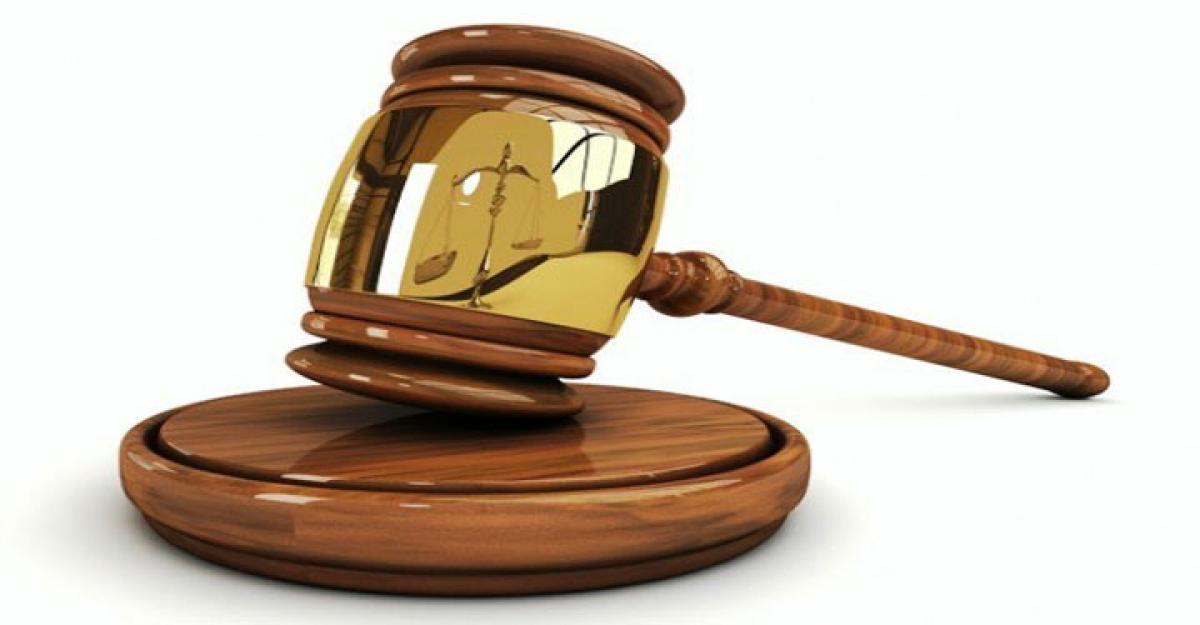NJAC: The bad bill The poor pill

NJAC: The bad bill The poor pill . Conjure up this picture: five wise men some bearded in wisdom enter with all regal authority the arena. There is silence, hope, fear and anxiety.
.jpg) Conjure up this picture: five wise men some bearded in wisdom enter with all regal authority the arena. There is silence, hope, fear and anxiety. Those in the crowded audience are going to be witness to a moment in history. The five will declare an important part of our polity. They will define the physics based on the grammar of the constitution. Wait a minute, not so much the grammar as the spirit—the spirit as they understand.
Conjure up this picture: five wise men some bearded in wisdom enter with all regal authority the arena. There is silence, hope, fear and anxiety. Those in the crowded audience are going to be witness to a moment in history. The five will declare an important part of our polity. They will define the physics based on the grammar of the constitution. Wait a minute, not so much the grammar as the spirit—the spirit as they understand.
A few decades ago, at the brink of a constitutional disaster, the wise men, under the same structural grandeur, invented a litmus paper called ‘basic structure’. They said litmus has, over the decades, not failed the constitutional framework. It has ebbed the belief that constitutionalism is alive and healthy—never mind that freedom is a casualty in the hands of the lumpen, food is a casualty in the hands of the moral guru, banks flourish and farmers die.
In the dreary sands of a failing economy and a crumbling polity we have the envious oasis of jurisprudential brilliance. One said we cannot trust the government because we cannot have a gay bro. The other also said that we the laity were not knowledgeable and trustworthy—we were but the laity. Thank Providence that our faith is thus safe in the hands of such wise men whose integrity is insured. What superior clay they are made of?
Some vague questions arise, though; did they suffer a moment of self doubt? What did they do to enjoy such self-confidence? Which self-help gym of confidence gave them the wherewithal? Did their hands shiver a tad when they signed that document decisive of the future?
I seek shelter in the morbid caution of Elie Wiesel: In the beginning there was faith-it was childish; trust-which is vain; and illusion-which is dangerous. We believed in God (read Lords), trusted in man and lived with the illusion that every one of us has been entrusted with a sacred spark. Over to calm after the bout.
By L Ravichander









